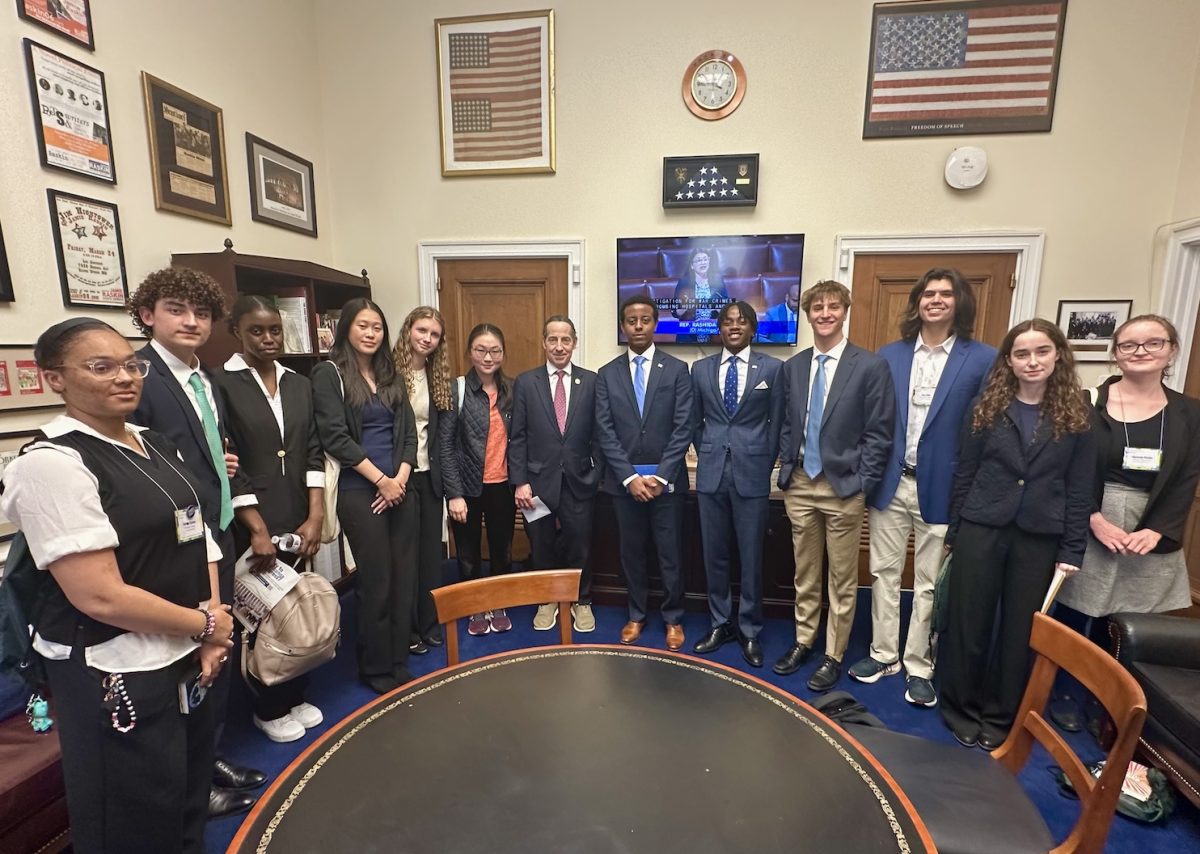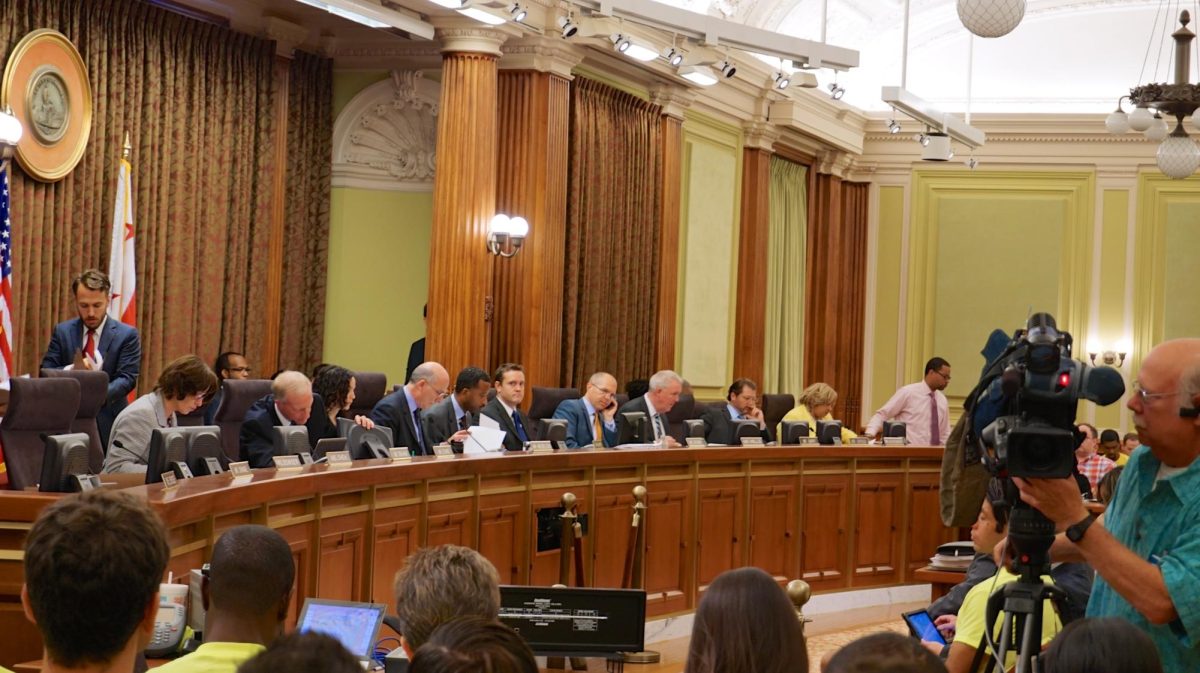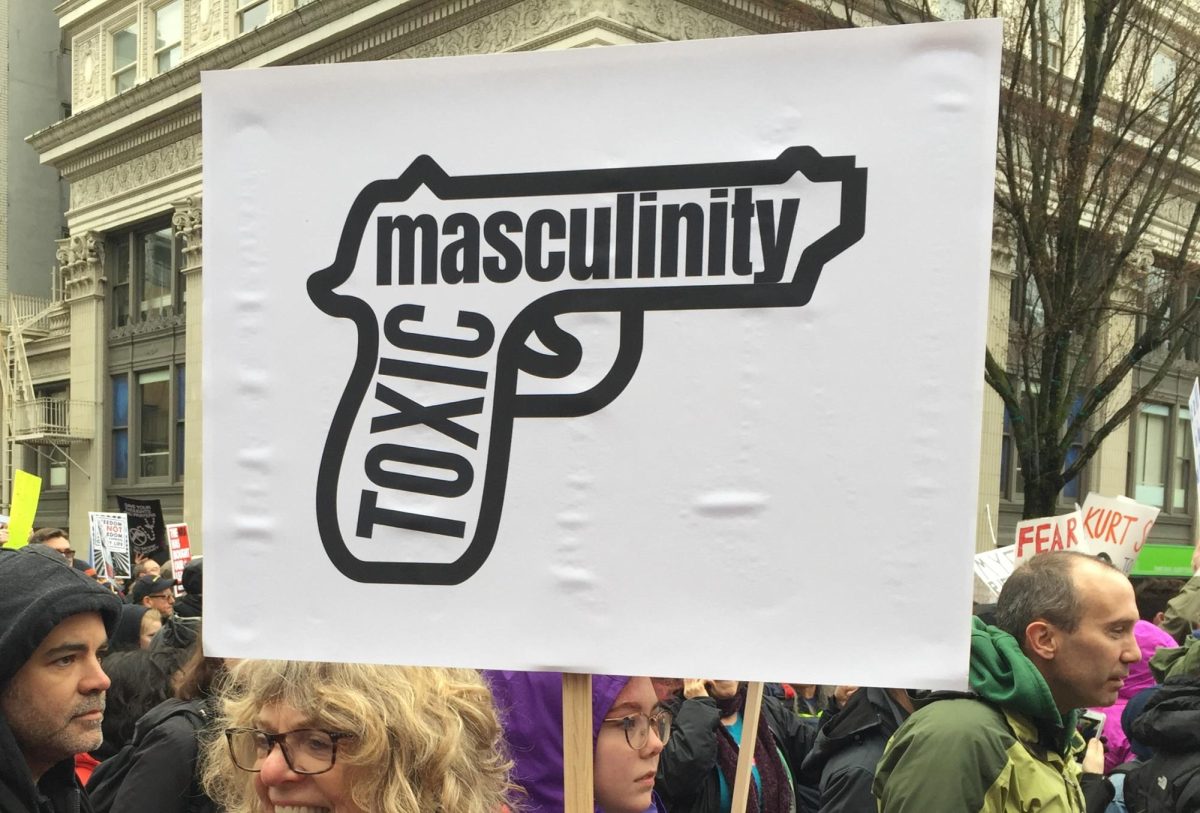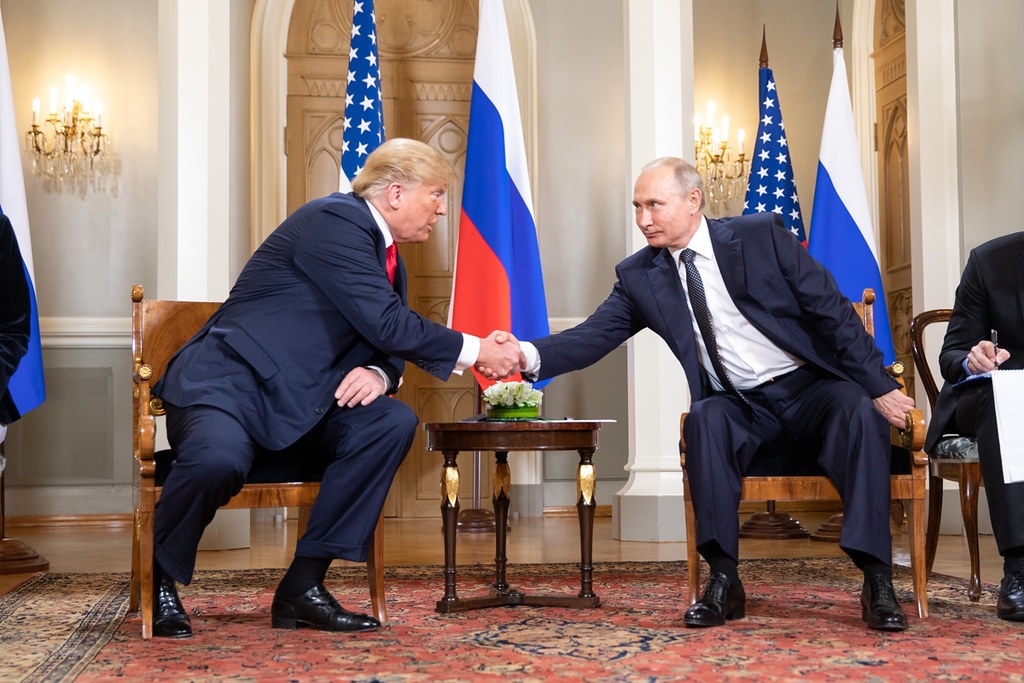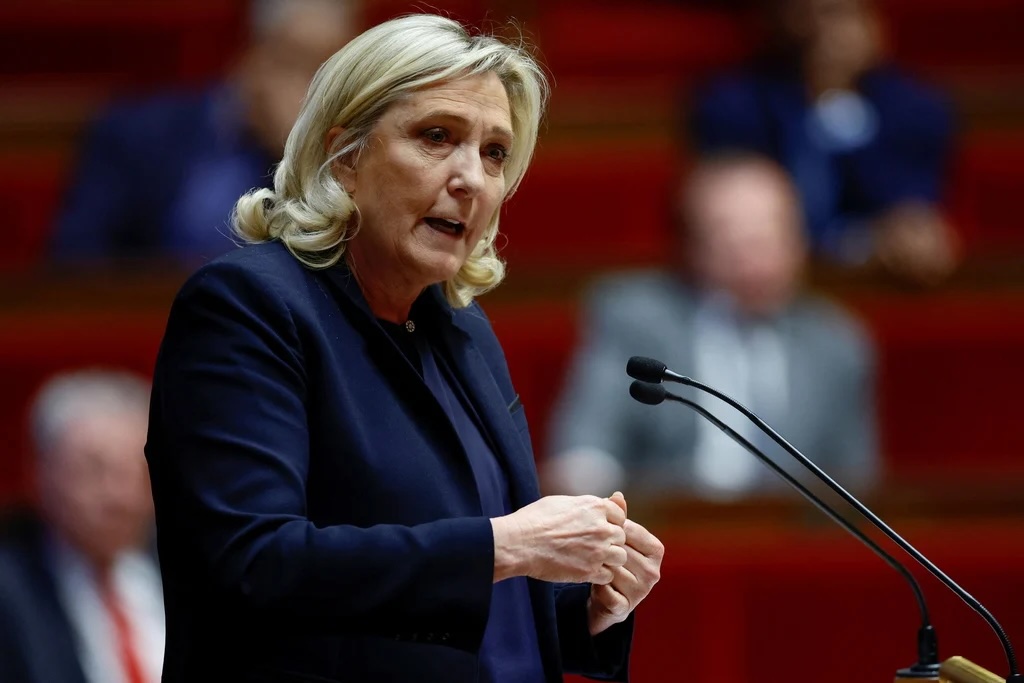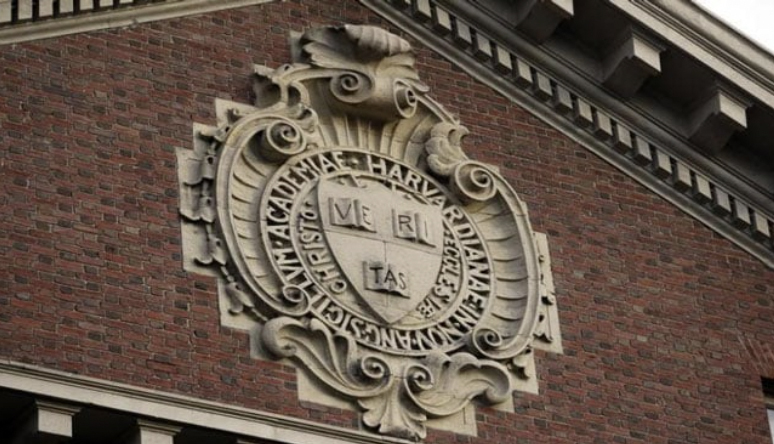With Pope Leo XIV as the new head of the Catholic Church, many have begun to reflect on the legacy of Pope Francis before his death on April 21. Pope Francis was the first Jesuit and non-European pope in more than 1,200 years. Not only did his background differ from traditional popes, but he was also extremely progressive, causing internal division. From speaking out about same-sex marriage to prioritizing the poor, Pope Francis shifted from traditional doctrines, and his legacy reflects these progressive ideals. He undermined restrictive teachings, unifying and opening the Church to a broader spread of people.
The concept of same-sex relationships has been around long before the Bible depicts the humanification of Christ, though even today, many cultures do not accept those who are in same-sex relationships. In 2013, Pope Francis famously posed the question regarding the acceptance of the LGBTQ+ community that would later shape the rest of his papacy. He said, “If a person is gay and seeks God and has goodwill, who am I to judge him?”
Promoting acceptance of the queer community, Pope Francis declared the Catholic Church’s departure from the Holy See — creating a division between the bishops who enforced the traditional thought and those who embraced evolution past doctrines. Though sparking change for queer Catholics, Pope Francis continuously brought awareness to the fact that the Bible declares homosexuality as a sin and has not yet accepted same-sex marriages in the Church.
Nonetheless, he offered hope and dignity to LGBTQ+ people. As his papacy went on, he traveled around the world to hear the stories of gay Catholics. He prioritized listening over judging in an attempt to welcome gay people to the Church. Over time, he became more open about gays, lesbians, and even transgender people, creating more controversy for those who were in strict adherence to the old teachings.
In 2023, Pope Francis allowed for blessings for same-sex couples, but not yet for their union. This act angered conservatives, leading them to refuse to implement the policy. Pope Francis fractured the union of the Catholic community while opening arms to those unwelcome before.
Several popes before Pope Francis have been accused of covering up instances of sexual abuse to maintain the image of the Church. Throughout his papacy, Pope Francis spoke out about multiple cases of abuse, albeit not always with urgency. In addressing concerns, he has always maintained humility for his mistakes, earning him love and honest praise from all Catholics.
Still, Pope Francis struggled to bring real reform to the Church’s decades-long cover-up of sexual abuse. While raising awareness of mistakes from the past, he continued the pattern of denial and inaction, causing the victims to continue to feel invalidated.
One notable instance was a scandal where Bishop Juan Barros was accused of covering up sexual abuse by Priest Fernando Karadima. Pope Francis dismissed these claims despite allegations and protests from survivors.
Only after receiving backlash from the public did Pope Francis hire an investigator and later resign the titles of multiple bishops. His delayed action contradicted his preaching and damaged his credibility. However, in 2019, Pope Francis issued the new law “Vos Estis Lux Mundi” that requires Church officials to report abuse and cover-ups, which is seen by many as either a step forward or an excuse to maintain the Church’s image.
Throughout his papacy, Pope Francis organized global summits, lifted secrecy laws, raised accountability for bishops and personally met with victims to better understand their stories. He encouraged change in the Church, believing that abuse flourished partly because of hierarchy, and urged Church leaders to be humble servants, not untouchable figures.
Pope Francis also publicly raised accountability for the mistakes made and continuously spoke about the severity of the sexual abuse, though often lacking follow-up action. While Pope Francis took significant steps, many believe more must be done to ensure accountability and prevent future harm.








